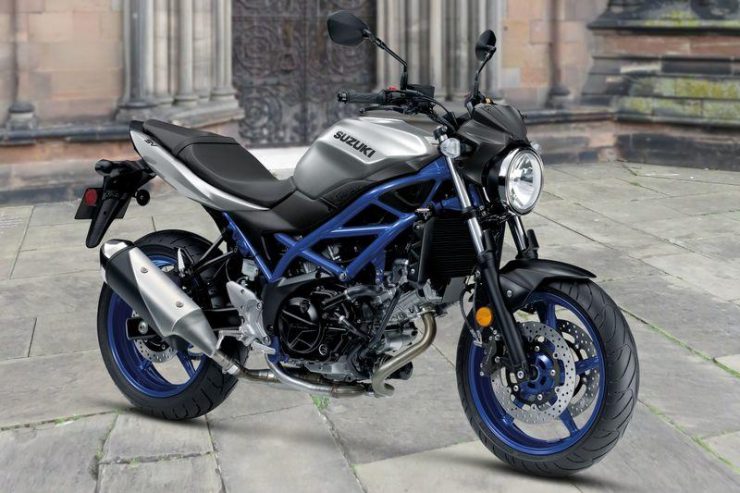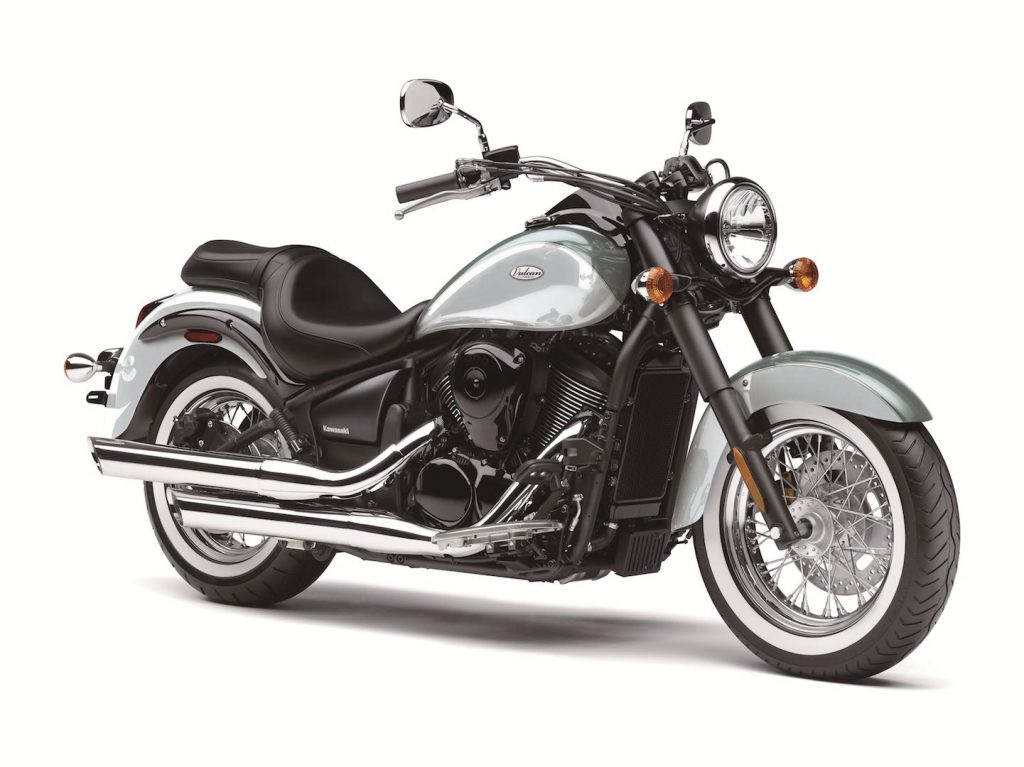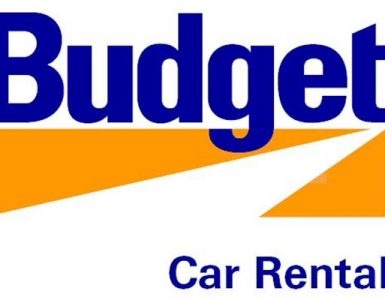Selling a motorcycle can be quite challenging, especially for newcomers or those unfamiliar with selling vehicles. But fret not! Whether you’re a seasoned seller or a first-timer, our guidelines for selling your bike are here to help. Dive into our comprehensive tips below to ease any selling woes you may have encountered. With numerous factors to consider when selling a motorcycle, you might be seeking a concise guide to assist you. That’s precisely why we’ve crafted this resource—to provide you with practical insights and assistance for a successful sale. Let’s explore these tips together in the following sections.
Discover what’s most advantageous for you:
To begin, pinpoint the motive behind selling your motorcycle. Are you aiming to maximize profits, or is a speedy sale your priority? Perhaps you’re seeking a buyer who will cherish and maintain your bike just as you have. This guide offers insights to address your queries, though keep in mind, responses may vary for each seller. Thus, it’s crucial to determine your own preferences.
If your goal is to secure a high selling price without haste, establish a maximum asking price and stand firm without room for negotiation.
Also Read: Nada Motorcycle to Check The Value of your Motorcycle
Alternatively, if a swift sale is your aim, set a competitive selling price to attract potential buyers and minimize bargaining.
Should you desire a buyer who values and cares for your motorcycle deeply, engage in conversation with prospective customers to gauge their commitment to bike maintenance and their passion for riding. This approach aids in selecting the ideal purchaser for your used motorcycle. In such instances, prioritize trust and affection over price. Set your desired price and seek out a reliable buyer who shares your sentiments.
Types of Potential Motorcycle Buyers:
Private Party Sale
A private party sale offers sellers the opportunity to potentially earn more than through other avenues. Unlike dealerships, private buyers are not motivated by profit, often resulting in the best value for the seller. However, this method requires patience as it typically takes longer to find a buyer. Popular platforms for private motorcycle sales include Facebook Marketplace, Craigslist, traditional “FOR SALE” signs, and eBay.
Dealership
Dealerships operate with the aim of turning a profit, which may mean receiving a lower market price for your motorcycle. However, the advantage lies in the convenience of a quick and straightforward transaction process. While you may not maximize your profit, you can swiftly offload your bike and explore new options.
It’s essential to understand the distinctions between these two selling methods. While private party sales generally offer greater profit potential, dealership transactions provide efficiency and ease. When dealing with private buyers, exercise caution as there can be safety concerns. It’s crucial to verify the buyer’s credentials before finalizing the sale.
Ultimately, the dealership route offers the opportunity for negotiation, albeit with the trade-off of potentially receiving less for your bike. However, the expedited transaction process may outweigh this drawback for some sellers.
Way to Sell My Motorcycle
Before selling your bike, one of the essential things is to determine if you want to sell it locally or online. While you are going to sell it online, one vital aspect that will be needed is shipping. It matters most when someone chooses to buy your bike across the country. It’s your responsibility to send the ride safely to the buyer’s doorstep. Let’s look into each process below:
Local Sales
Local transactions are often perceived as safer and more lucrative by motorcycle owners. Compared to online selling, it offers a more straightforward and convenient process. Here are some pros and cons to consider:
Pros:
- Convenient cash transactions: Opting for a local sale provides a straightforward way to earn cash. Unlike online transactions, which may involve uncertainties regarding payment methods, local deals often involve immediate cash transactions, making them a reliable and convenient option.
- Eliminates shipping hassles: Selling your motorcycle locally means you won’t have to worry about arranging shipping. Your buyer will typically come directly to you, allowing them to collect the motorcycle in person, eliminating the need for shipping and associated costs.
- Opportunity to meet the buyer: Selling locally enables you to meet the potential buyer in person at least once. This face-to-face interaction can instill confidence in the selling process and provide reassurance about the new owner of your motorcycle.
Cons:
- Limited reach: Local sales restrict your pool of potential buyers to those within your immediate area. In contrast, selling nationally through online platforms like CycleTrader and eBay exposes your motorcycle to a larger audience, increasing the chances of finding a buyer.
Online Platforms for Motorcycle Sales
Exploring online marketplaces for selling motorcycles opens up opportunities to attract national buyers, potentially leading to higher profits. Below, we highlight some well-known online platforms and their unique features:
CycleTrader: This popular website offers both private party and dealership selling options, catering to sellers across the country. With its user-friendly interface and comprehensive filtering tools, finding your desired motorcycle among the listings is a breeze.
ChopperExchange: Specializing in stylish American motorcycles, ChopperExchange stands out for its exceptional deals on renowned brands like Harley Davidson, Big Dog, and Victory. If you’re in the market for top-notch American and Indian motorcycle brands, this platform is worth exploring.
CycleCrunch: Owned by the same group as ChopperExchange, CycleCrunch offers similar services but is not limited to American bikes. From Harley to BMW, sellers can expect competitive offers for a wide range of motorcycle brands, making it a strong contender in the online marketplace scene.
Classified Websites
Selling motorcycles locally through classified sites is a tried-and-true method. Here are some successful platforms:
eBay: A prominent national platform where you can quickly find potential buyers for your motorcycles. While primarily an auction site, eBay also offers “buy it now” and “or best offer” options to attract a wide range of customers worldwide. You can sell various models, including cruisers, sports bikes, naked bikes, and bobbers.
Craigslist: Another excellent platform for selling bikes to local buyers. With no service charges involved, Craigslist provides a secure online portal for communication and transactions between sellers and buyers. It offers a more informal approach to selling your motorcycles.
Facebook Marketplace: Similar to Craigslist, Facebook Marketplace allows you to post listings free of charge. It facilitates communication through messenger and offers options for contacting potential buyers via call, email, or text.
Auction House: Ideal for selling rare, valuable, and exotic motorcycle brands worldwide. Unlike traditional sales methods, auction houses do not rely on a fixed bluebook price but determine value subjectively, often based on sentimentality.
Recommended Marketplaces:
Consider exploring ChopperExchange/CycleCrunch among the array of online marketplaces available for selling your motorcycle. With a nationwide inventory boasting over 20,000 listings of both new and used American motorcycles, ChopperExchange offers a comprehensive platform to showcase your bike.
Motorcycle Paperwork:
Navigating the paperwork involved in selling a motorcycle is another crucial aspect of the sales process. While it can sometimes feel daunting, understanding the necessary documentation is key. Here’s a breakdown of essential paperwork for a motorcycle sale:
- Vehicle Identification Number (VIN): This unique identifier is crucial for verifying the details of your motorcycle. You can typically find the VIN on your insurance card or title documents.
- Title: The title serves as the official document establishing ownership of the motorcycle. It is associated with the VIN and may be required to obtain a license. Ensure that the title is accurately filled out to streamline the process.
- Bill of Sale: This document is essential for both sellers and buyers as it provides legal protection against fraud. It outlines the terms of the sale and serves as a record of the transaction.
Regarding Motorcycle Shipping:
Shipping a motorcycle becomes crucial when targeting national buyers. Several factors come into play, including the cost (which is determined by weight and distance), the season (considering the weather conditions in the buyer’s area), and whether you opt for open or enclosed transportation.
We can recommend reputable shipping companies such as uShip, Haulbikes, and Montway Auto Transport. These companies offer excellent services at competitive shipping rates.
Successful Guidelines for Selling Your Bike:
Begin by conducting thorough research to determine the current market value of your motorcycle using resources like NADA Guides and Kelley Blue Book. This will provide you with an accurate estimation of your bike’s worth, which can be straightforward for standard models but more challenging for rare bikes.
Ensure all necessary motorcycle documentation is verified and in order.
Prior to listing your bike for sale, give it a thorough wash, address any issues, and ensure it is clean and presentable. Consider replacing any body parts if needed to enhance its appeal.
Capture clear and high-quality photos of your motorcycle that showcase its features and attract potential buyers.
Transparency is key—be honest with potential buyers about the condition of your bike and disclose any relevant information that could impact their decision.
We trust that this comprehensive guide will assist you in both selling and purchasing a used motorcycle. If you encounter any difficulties, feel free to leave a comment below for further assistance.






Add comment